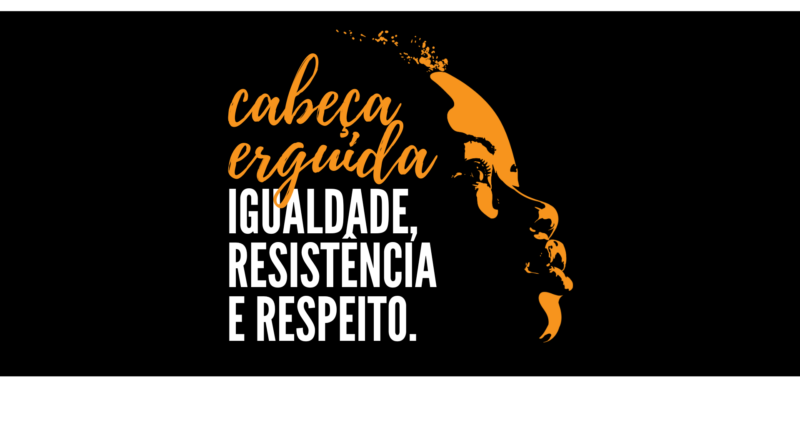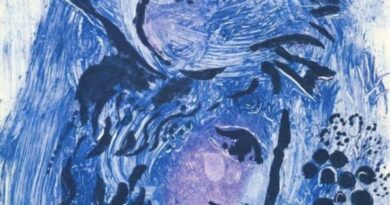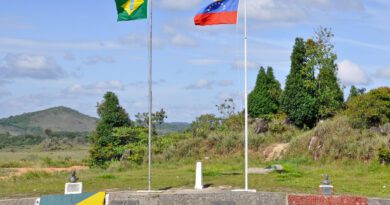DIA NACIONAL DA CONCIENCIA NEGRA
 It wasn’t just the loss of roots in African lands, it wasn’t just the life or death crossing on the “slave ship” (Castro Alves), it wasn’t just the forced labor in the eito or in the mine, it wasn’t just the torture of the whip and the trunk, it wasn’t just the capture of the “fugitives” by the captain of the bush, it wasn’t just the precarious housing conditions in the slave quarters, it wasn’t just an abolition with the flavor of condemning poverty and hunger… Slavery continues to be a stigma engraved with iron and fire on the skin and soul of the Brazilian population of black origin.
It wasn’t just the loss of roots in African lands, it wasn’t just the life or death crossing on the “slave ship” (Castro Alves), it wasn’t just the forced labor in the eito or in the mine, it wasn’t just the torture of the whip and the trunk, it wasn’t just the capture of the “fugitives” by the captain of the bush, it wasn’t just the precarious housing conditions in the slave quarters, it wasn’t just an abolition with the flavor of condemning poverty and hunger… Slavery continues to be a stigma engraved with iron and fire on the skin and soul of the Brazilian population of black origin.
The result of this stigma continues to open deep wounds in the existence of their descendants. Stigma is reproduced in the difference in opportunities between whites and blacks in the job market. And even within the latter, it is reflected in the gap in salaries between one and the other, for equal services, as occurs, moreover, between men and women. The same wound also appears in schools and colleges, with bullying suffered by students; in the streets, squares and means of transport, due to structural racism; in public institutions and bodies, the rotten fruits of prejudice and widespread discrimination. All of this makes us question the mistaken concept of “racial democracy” at its root.
National Black Consciousness Day, however, in addition to representing an occasion of continuous struggle for resistance, is also a reason for celebration and gratitude. In fact, cultural and religious expressions brought from the other side of the Atlantic Ocean have historically enriched (and continue to enrich) Brazilian society as a whole. The memory of quilombos, almost forgotten in the school curriculum, represents a cry for freedom that, to this day, echoes in popular movements and social organizations. With this, black consciousness merges with the desires of oppressed multitudes and strengthens countless sociopolitical struggles for liberation.
But not only that. The beauty of capoeira, the stubbornness and resilience in the face of difficulties, dance and samba, the rich diversity of cuisine, the different types of sport, the innovative and creative capacity, if and when it finds space in the national educational process, with public policies adequate gifts, among many other gifts, fill our meetings, events and parties with intense, genuine and profound joy. Something that contrasts positively with the sweat, blood and tears of the infamous slavery. In this case, there is a great capacity for overcoming, despite so many painful and bitter memories.
Combat racism in all its forms, open or disguised; commit to the daily fight for justice and equal opportunities for all, recreate the threatened thread of “social friendship” (2024 Fraternity Campaign) that makes us fratelli tutti (all brothers), celebrate and thank the contribution of the black community to the enrichment of this country – seems to be a good recipe for celebrating the November 20th holiday.
Father Alfredo Gonçalves, CS Pastoral Theological Advisor of the SPM





